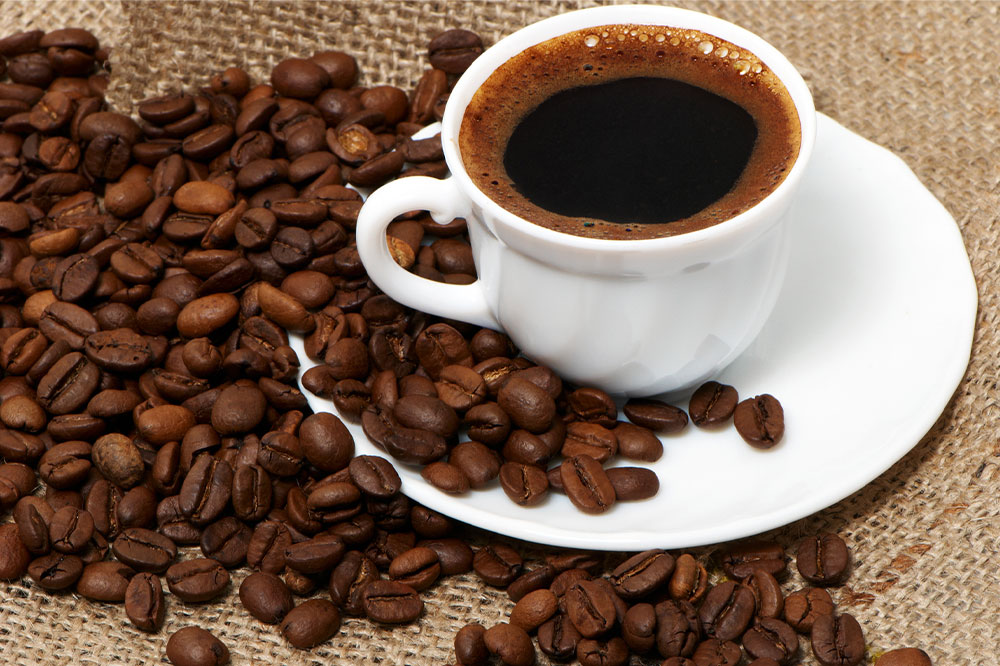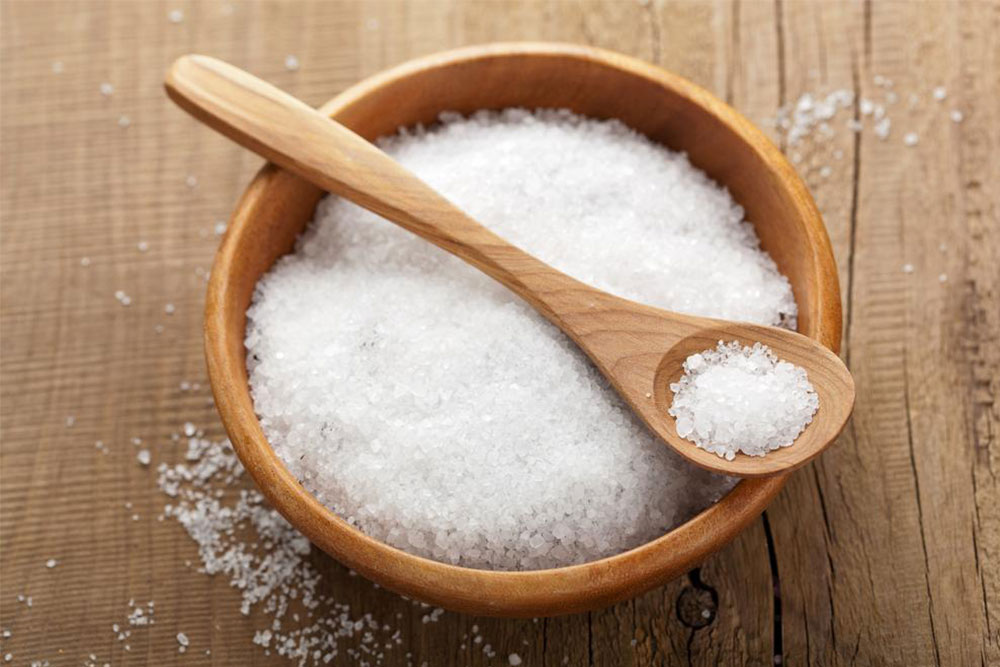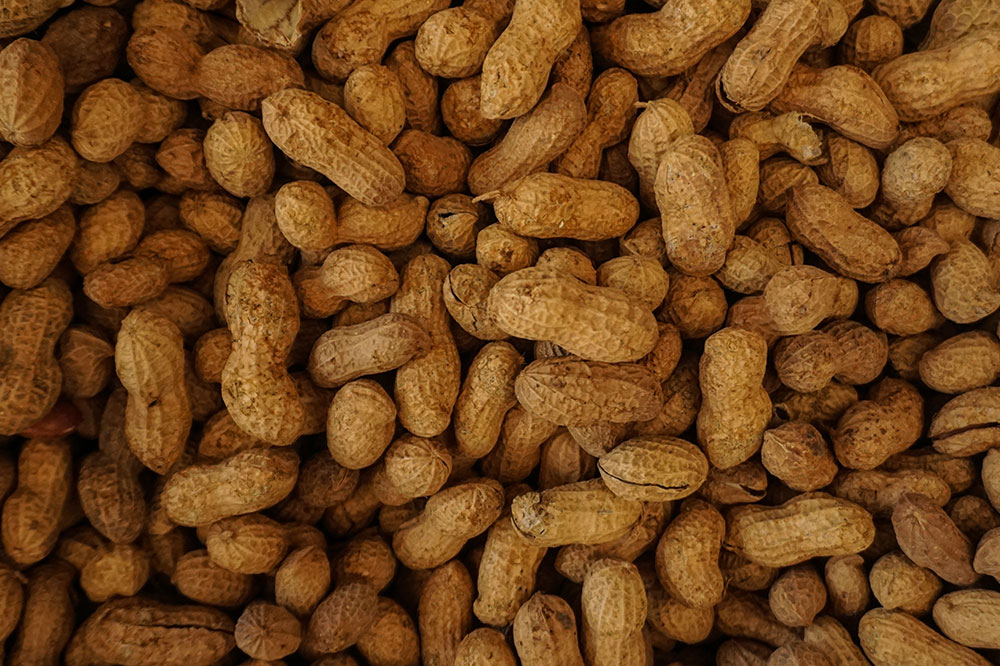Critical Foods to Avoid if You Have Bipolar Disorder
Managing bipolar disorder involves a comprehensive approach, including proper diet. This article highlights foods to avoid, such as sugar, salt, alcohol, caffeine, and unhealthy fats, to help stabilize mood and improve treatment outcomes. Incorporating nutritious choices and consulting healthcare professionals can support better symptom management and overall health.

Essential Dietary Tips for Managing Bipolar Disorder
Bipolar disorder is a complex mental health condition that causes drastic shifts in mood, including episodes of mania and depression. While medication and therapy are crucial, diet plays a vital role in managing symptoms effectively. Avoiding certain foods can help prevent mood triggers and enhance treatment outcomes. Incorporating nutritious choices and steering clear of specific items like sugary snacks, high-sodium foods, alcohol, caffeine, and unhealthy fats can support stability and overall well-being.
Sugar
Foods such as desserts, baked goods, and candies can hinder mood stability by promoting weight gain and reducing medication effectiveness. Instead, opt for fresh fruit, light smoothies, or frozen yogurt to satisfy sweet cravings healthily.
Salt
Maintaining balanced salt intake is critical, especially for those on lithium therapy, as fluctuations can affect lithium levels and mood symptoms. Always consult your healthcare provider before making significant dietary changes.
Alcohol
Alcohol can intensify mood swings and interfere with medications, notably those containing lithium. Avoiding alcohol is highly recommended for mood stabilization and medication efficacy.
Caffeine
Beverages like coffee and tea can trigger mania and sleep issues. Limiting caffeine intake and choosing decaffeinated options or herbal teas can help maintain mood stability.
Unhealthy Fats
Consuming excessive fried and processed foods high in saturated and trans fats can reduce medication effectiveness and increase health risks. Focus on lean proteins and healthy fats like monounsaturated oils for better management of bipolar symptoms.
Disclaimer: Our articles provide helpful insights based on research, but should not replace professional medical advice. Always consult healthcare providers for personalized recommendations regarding diet and bipolar disorder management.










